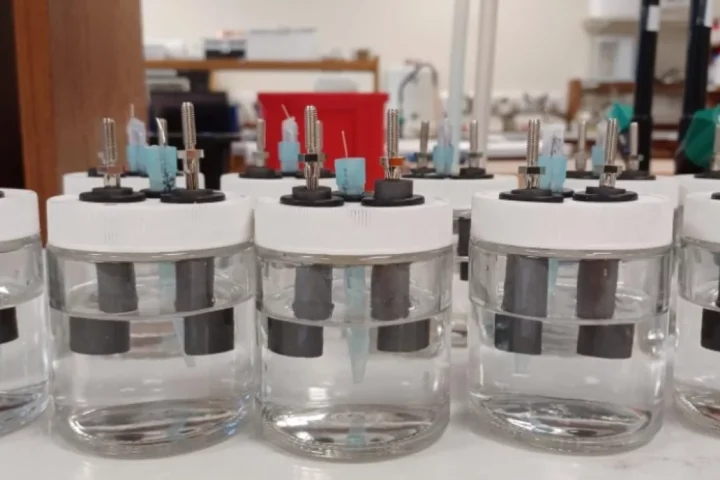Methane, a potent greenhouse gas, is released as a result of the decomposition of organic waste such as manure and food.
An increasing number of biofuel producers are teaming up with farms, meat packers, and waste management companies to tap gassy waste to meet new demand for renewable jet fuel and diesel for vehicles.
Using organic waste offers a bonus, though many agricultural feedstocks can be used as renewable fuel. The making of sustainable aviation fuel from animal fats and plants has been commenced by Calumet Specialty Products, making it the largest producer of sustainable aviation fuel in North America.
Although small, the sustainable aviation fuel market is poised for explosive growth. The plans of Calumet are viewed with optimism by investors, who value the stock at a significant premium to the average refiner.
Sustainable aviation fuel offers one of the most promising opportunities for decarbonizing aviation. More than 2% of energy-related greenhouse gas emissions are caused by aviation. Anaerobic digesters are a good way for large farms to minimize waste and create a value-added product from it. The industry of transportation is starting to fill up on renewable fuels.
The EPA (Environmental Protection Agency) is currently seeking public input on emission standards that could one day apply to airlines operating in the US. Renewable jet fuel made from animal fats, household garbage, and forest waste is being purchased by many airlines, including United and FedEx.
In 2021, the cleanest jet fuel made up just 0.1% of aviation fuel. The cost of making sustainable fuel is higher than traditional fuel. Producers of sustainable aviation fuel with a per-gallon credit are subsidized by the US Inflation Reduction Act.
Recently, companies including United Airlines and Boeing launched a $100 million venture capital fund to jump-start the industry.
A plan in Europe is to make airlines use a fuel mix that is made up of 2% biofuels by 2025 and 70% by 2050. An effort on the scale of the space program will be taken to get to those levels. The expectation for Calumet is to grow sevenfold in the next couple of years.
Other companies making sustainable aviation fuel include World Energy and Nestle. Although the average flight uses a miniscule amount today, airplanes have flown safely on 100% renewable fuels.
At airports, renewable fuel is mixed with fossil fuels. It’s said by the IEA that sustainable aviation fuel needs to increase to about 10% of aviation fuel by 2030 to reach the agency’s net zero target and avoid some of the more extreme effects of climate change.
A critical part of addressing climate change is reducing greenhouse gas emissions from the fuel that powers transportation.


















